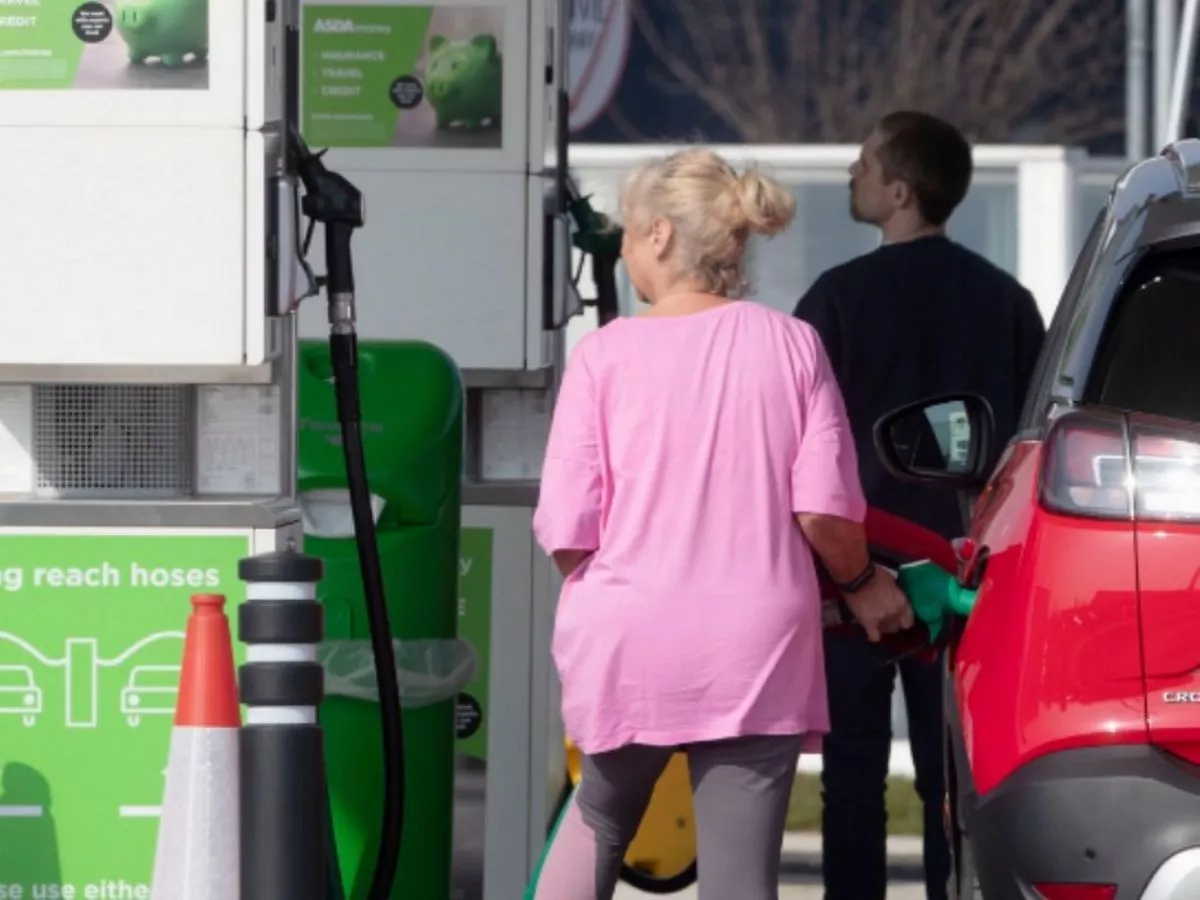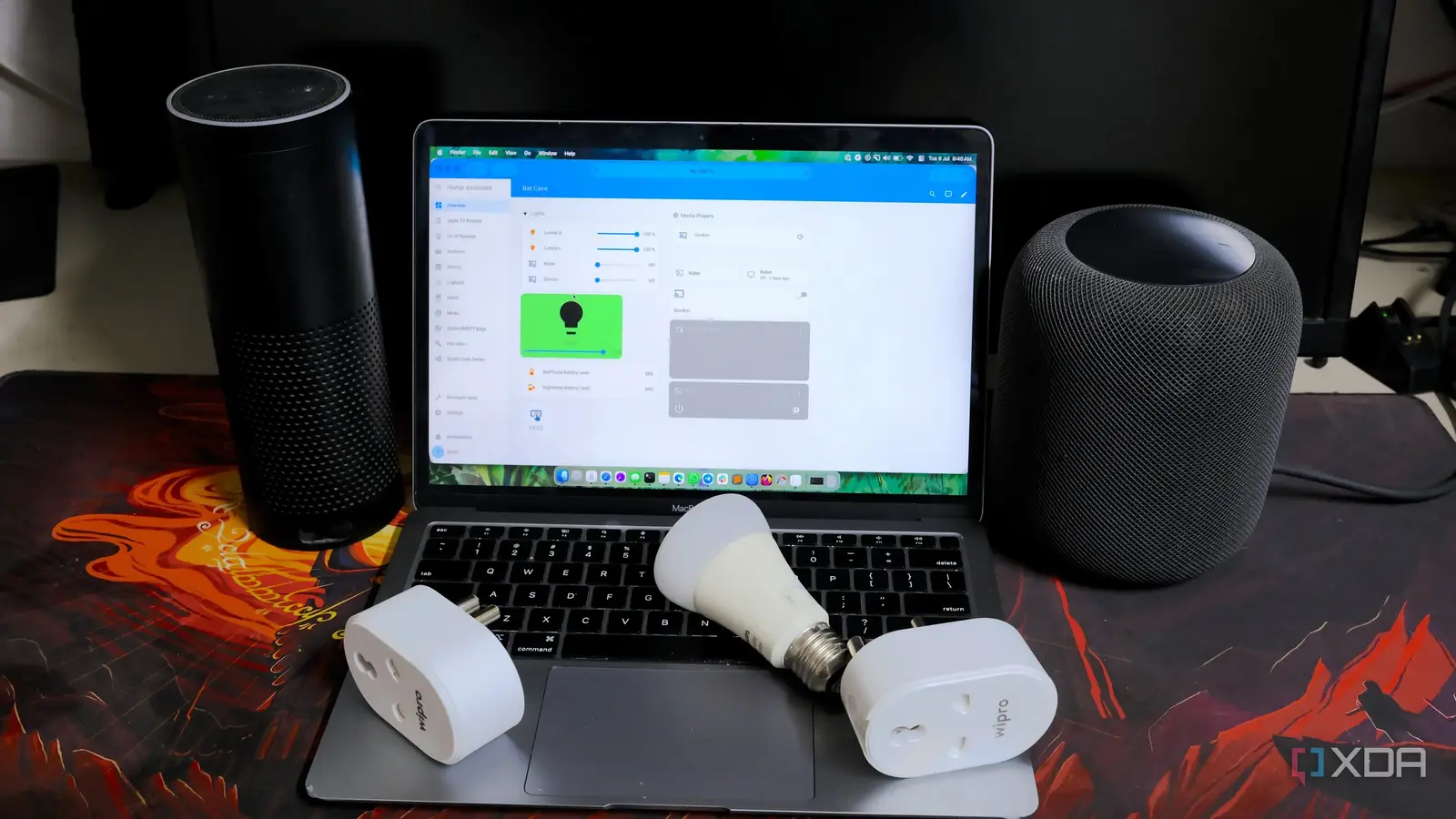Copyright birminghammail

All the driving law changes and rule tweaks Labour Party Chancellor Rachel Reeves could make in her Autumn Budget have been revealed. Drivers have been warned they could face Budget misery as Ms Reeves could target car tax, fuel duty, electric vehicles and more. Ms Reeves will launch the Budget on November 26. Amid the speculation, a HM Treasury spokesperson told Birmingham Live it would not comment on speculation. But all the changes being mooted and rumoured ahead of the fiscal statement from the Chancellor in the Commons towards the back end of the month have been revealed. It includes car tax, or Vehicle Excise Duty, as well as fuel duty, EVs or electric cars and more. READ MORE Thousands of Blue Badge holders issued update over free bus travel A report from The i Paper suggested that the Treasury was looking into the possibility of road pricing or even weight-based levies. A senior government source told The i: “This is ultimately a decision for the Treasury, but they have recognised that any new tax on EVs needs to have a phased implementation and be introduced alongside a generous package of support to ensure we continue to drive the transition and support manufacturers.” Rhydian Jones, motoring expert at Confused.com car insurance said: “Ahead of the Chancellor's Autumn Budget, there are discussions that a pay-per-mile tax for drivers could be introduced. This proposed system would see motorists charged for road taxes based on how often they drive, rather than paying a fixed annual rate." Jones said: “A change like this could have some benefits for drivers, including bringing costs down for those who drive less, such as remote workers or pensioners; potentially reducing congestion on roads as drivers will consider using their car less to avoid costs; drivers of lower-emission or electric vehicles could still benefit from reduced rates, supporting the shift towards greener motoring. “However, this change could also be challenging for others, including commuters, families, and those living in rural areas who could face higher costs as they take longer and more frequent journeys and those who drive longer distances or during peak hours could be hit hardest if variable rates apply depending on time. "A move to pay-per-mile charging would mark a major shift in how motorists are taxed and could redefine the cost of driving for millions across the UK, and could also give another boost to drivers going green in an effort to cut down on longer term costs.” Ms Reeves is reportedly considering closing a decade-old loophole that provides exemption from road tax for classic cars in what could be yet another 'tax grab' on drivers. Shadow transport secretary Richard Holden says he is 'concerned' that the Chancellor could scrap vehicle excise duty (VED) immunity for 40-year-old motors in next month's Budget. With Reeves seeking to raise taxes to plug a fiscal hole in Treasury incomings, the removal of the 40-year 'historic vehicle' exemption rule - which was introduced under the Conservative Party in 2015 - would see potentially 340,000 older vehicle owners facing annual road tax bills once again. The Labour MP for Leeds West and Pudsey could allow the freeze to expire in March, when it will return to its original rate of 57.95p per litre. Alternatively, the Chancellor could axe the freeze in November, forcing prices up at the pumps. She could also raise fuel duty in line with inflation next April. Data from RAC Fuel Watch shows that drivers across the UK are currently paying 135.48p per litre for petrol and 143.13p for diesel. Labour recently launched the £650million Electric Car Grant to help motorists save either £1,500 or £3,750 off the price of a new electric car costing £37,000 or less. Reports have suggested that the Government could be planning to increase the incentives on offer in the ECG to offset any backlash from potential car taxes that could be introduced.



